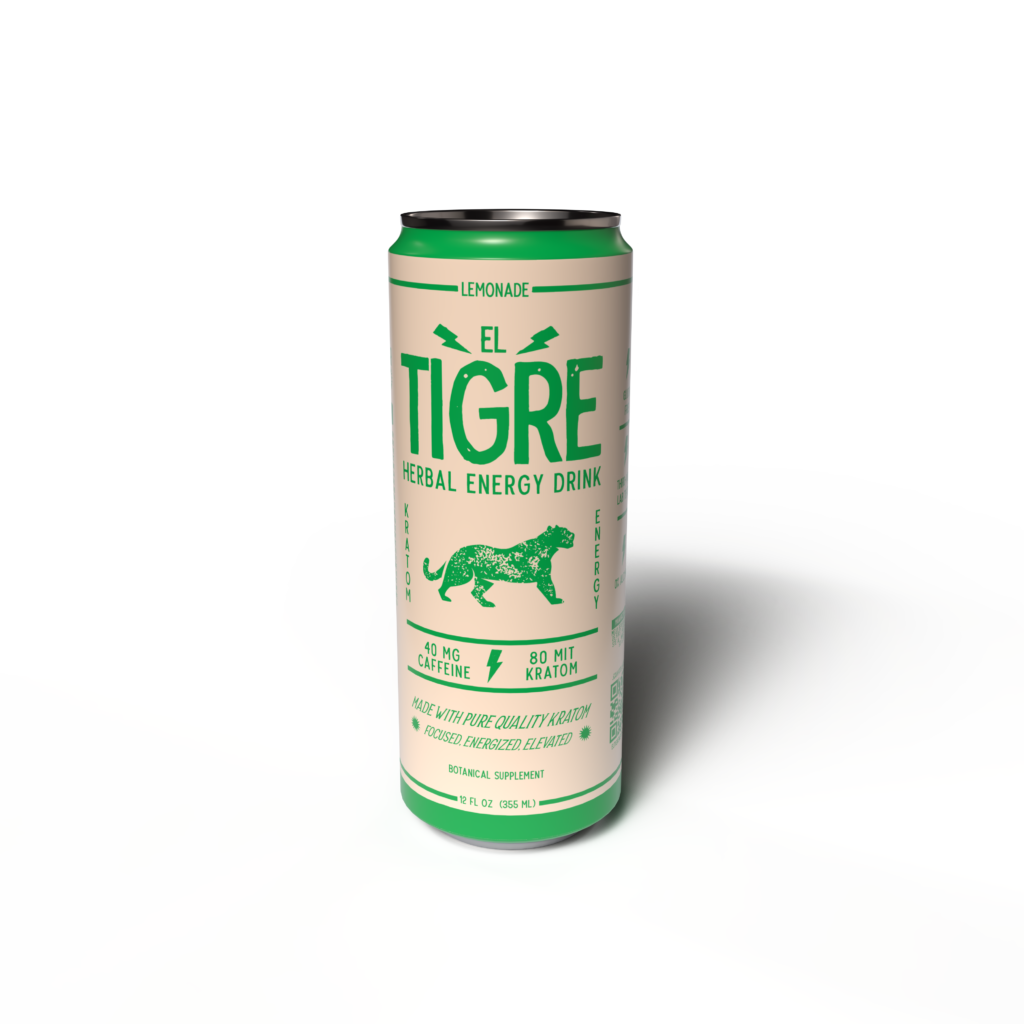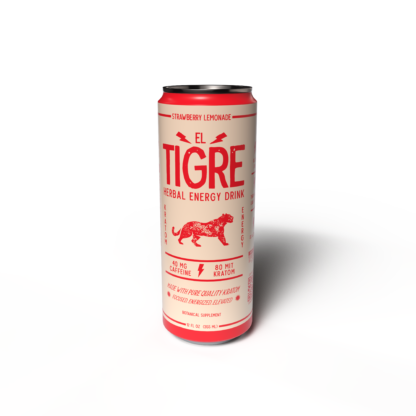FDA Regulations on Kratom
Kratom, an herbal supplement derived from the mitragyna speciosa tree, has gained popularity for its potential energizing and mood-boosting effects. However, the Food and Drug Administration (FDA) has expressed serious concerns about kratom’s safety and potential risks, including addiction and adverse health effects.
Current Status
The FDA currently does not approve any kratom-containing products, including energy drinks.

- The agency has issued several public warnings about the dangers of kratom use.
- Kratom can interact dangerously with certain medications and substances.
- There is limited research on kratom’s long-term effects, and its safety profile remains unclear.
Due to these concerns, the FDA advises against using kratom.
Potential for Approval in the Future
The FDA currently does not approve any kratom-containing products, including energy drinks. While some manufacturers may market kratom-infused beverages as dietary supplements, they are operating in a legally gray area.
The FDA has taken a firm stance against kratom, citing safety concerns and lack of scientific evidence to support its purported benefits. The agency has issued warnings about potential risks associated with kratom use, including addiction, withdrawal symptoms, and adverse health effects such as liver damage and seizures.
The possibility of future FDA approval for kratom remains uncertain. While some advocacy groups are pushing for legalization and regulation of the herb, the FDA’s current stance suggests that approval is unlikely in the foreseeable future.
Potential pathways for approval would require substantial research demonstrating kratom’s safety and efficacy for specific medical conditions. Furthermore, robust regulatory frameworks would need to be established to ensure quality control, prevent misuse, and protect public health.
Energy Drinks and Regulatory Landscape
Energy drinks have become increasingly popular, but their regulatory landscape is complex. The Food and Drug Administration (FDA) has specific guidelines regarding ingredients, labeling, and safety standards for these beverages. While some energy drinks contain caffeine and other stimulants, the inclusion of herbal supplements like kratom raises concerns.
Ingredients and Labeling Requirements
The FDA regulates the labeling of dietary supplements, including those containing kratom. Manufacturers must accurately list all ingredients on their product labels, including any proprietary blends.
The FDA also requires energy drinks to adhere to certain safety standards. For instance, manufacturers must ensure that their products are free from harmful contaminants and do not exceed acceptable levels of caffeine or other stimulants.
Given the FDA’s stance on kratom, it is unlikely that any energy drinks containing this ingredient would be approved. The agency’s concerns about kratom’s safety and lack of scientific evidence for its purported benefits present a significant hurdle for potential approval.
Safety Concerns Associated with Energy Drinks
Energy drinks are subject to specific regulations from the Food and Drug Administration (FDA). The FDA sets guidelines for ingredients, labeling, and safety standards for these beverages. While caffeine is a common ingredient in energy drinks, the inclusion of herbal supplements like kratom raises safety concerns.
Kratom’s safety profile is currently unclear due to limited research on its long-term effects. The FDA has issued public warnings about potential risks associated with kratom use, including addiction, withdrawal symptoms, and adverse health effects such as liver damage and seizures.
Given these concerns, it is highly unlikely that the FDA would approve any energy drinks containing kratom.
Kratom and Energy Drink Combination
The combination of kratom and energy drinks raises significant safety concerns. Kratom, an herbal supplement derived from the mitragyna speciosa tree, has gained popularity for its purported energizing effects, but the Food and Drug Administration (FDA) has issued strong warnings about its potential risks, including addiction, adverse health effects, and dangerous interactions with medications.
Market Availability of Kratom-Infused Beverages
The FDA does not approve any kratom-containing products, including energy drinks.
- The agency has issued public warnings about the dangers of kratom use.
- Kratom can interact dangerously with certain medications and substances.
- There is limited research on kratom’s long-term effects, and its safety profile remains unclear.
Due to these concerns, the FDA advises against using kratom.
Consumer Perceptions and Attitudes Towards Kratom Energy Drinks
Consumer perceptions and attitudes toward kratom energy drinks are likely complex and varied. Some individuals may be drawn to the potential energizing effects of kratom, combined with the stimulating qualities of traditional energy drinks. They might perceive these products as a way to enhance focus, alertness, or endurance.
Others may express concerns about the safety and legality of kratom-infused beverages, given the FDA’s stance on the herb. They might view these products as risky or potentially harmful, especially considering the lack of comprehensive research on long-term effects and potential interactions with medications.
Furthermore, societal perceptions and cultural influences play a role in shaping consumer attitudes. In regions where kratom use is more prevalent, consumers might have different perspectives and understandings compared to areas where it is less known or regulated.
FDA Stance on Kratom Energy Drinks
The Food and Drug Administration (FDA) has taken a firm stance against kratom, citing safety concerns and a lack of scientific evidence to support its purported benefits.
The agency has issued warnings about potential risks associated with kratom use, including addiction, withdrawal symptoms, and adverse health effects such as liver damage and seizures.
Official Statements and Guidelines

The Food and Drug Administration (FDA) does not approve any kratom-containing products, including energy drinks.

The agency has issued several public warnings about the dangers of kratom use, citing potential risks such as addiction, withdrawal symptoms, and adverse health effects. Kratom can interact dangerously with certain medications.
Due to these concerns, the FDA advises against using kratom.
Potential for Future Regulatory Action
The Food and Drug Administration (FDA) currently does not approve any kratom-containing products, including energy drinks. The agency has issued public warnings about the dangers of kratom use, citing potential risks such as addiction, withdrawal symptoms, and adverse health effects. Kratom can interact dangerously with certain medications.
Due to these concerns, the FDA advises against using kratom.
The possibility of future FDA approval for kratom remains uncertain. While some advocacy groups are pushing for legalization and regulation of the herb, the FDA’s current stance suggests that approval is unlikely in the foreseeable future. Potential pathways for approval would require substantial research demonstrating kratom’s safety and efficacy for specific medical conditions. Furthermore, robust regulatory frameworks would need to be established to ensure quality control, prevent misuse, and protect public health.
Natural Kratom drink to support wellness
Yummalicious Food
Wear Is It From
- What Happens To Your Face After Years Of Fillers? - January 10, 2026
- What Cheek Fillers Last 5 Years? - January 8, 2026
- What Are The Most Popular THC Beverage Brands? - January 5, 2026
